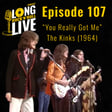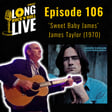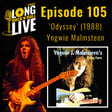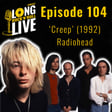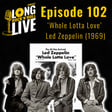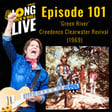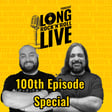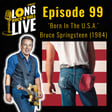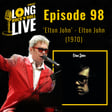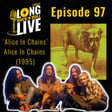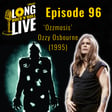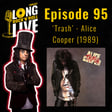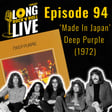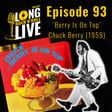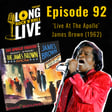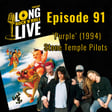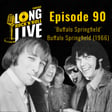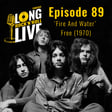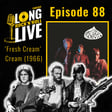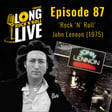
103. ‘All Things Must Pass’ - George Harrison (1970)
In the aftermath of The Beatles' earth-shattering split, George Harrison stepped into his own spotlight with the monumental 'All Things Must Pass'. Though initially conceived with perhaps less fanfare than his former band's releases, this ambitious triple LP would unexpectedly solidify Harrison's status as a formidable solo artist. It magnificently showcases his long-gestating songwriting prowess, exploring spiritual themes and personal reflections. Despite its epic scale, the iconic "Wall of Sound" production by Phil Spector, and perhaps some initial underestimation, 'All Things Must Pass' has become an undeniable classic of the early 1970s and a testament to George Harrison's unique and enduring musical vision.
Episode Playlist: https://open.spotify.com/playlist/6uikBG6wniPod8XJb7iKaI?si=d235e902299d4e02
* Follow Long Live Rock 'N' Roll online: https://linktr.ee/longlivernrpod
* Get in touch and/or leave us a review: longliverocknrollpodcast@gmail.com
* Listen & Review us on Apple: https://podcasts.apple.com/gb/podcast/long-live-rock-n-roll/id1581139831
* Listen & Review us on Spotify: https://open.spotify.com/show/2wZW1BYAw9wJ6Z5blo2uGj
#AllThingsMustPass #GeorgeHarrison #ClassicRock #MySweetLord #1970sMusic #RockMasterpiece #SpiritualRock #TheBeatles #RockHistory
